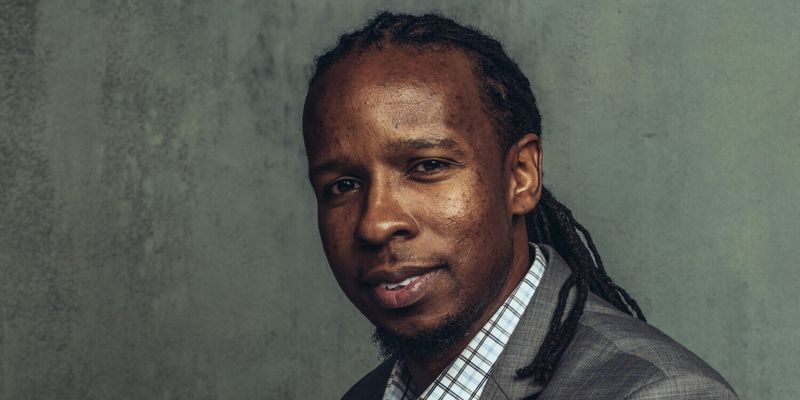The battle of Yorktown: Historic victory or tragic memory?
A new article from Temple History Professor Gregory Urwin details how the end of the Revolutionary War was not a happy time for a good portion of the American population.

In October 1981, Gregory Urwin stood among the crowd of 60,000 at the bicentennial celebration of the Battle of Yorktown in Yorktown, Virginia. In remembering the battle, which was the final one of the American Revolution, then-President Ronald Reagan described it as “a victory for the right of self-determination. It was and is the affirmation that freedom will eventually triumph over tyranny.”
The majority of the crowd roared in approval following Reagan’s words but for Urwin, now a professor of history in the College of Liberal Arts at Temple, Reagan’s words only represented one part of the story.
“History is not a retelling of everything that happened in the past,” Urwin said. “It results from the present looking to the past, both for guidance and meaning. A lot of things can get overlooked, depending on the tenor of the times and also who’s doing the looking.”
While the Battle of Yorktown represented the end of the Revolutionary War, the reality is that for a lot of current Americans, this was not a happy day. It was actually the opposite.
This is a topic that Urwin explores deeper in “The Yorktown Tragedy: Washington’s Slave Roundup,” a recent article published in Journal of the American Revolution.
At the time of the battle, approximately one-fifth of all Americans were enslaved African Americans. While the Battle of Yorktown was a victory for the United States, it was unfortunately also a victory for the institution of slavery, which would remain intact for eight additional decades following the Revolutionary War.
“We look at this through the eyes of the white Americans and particularly the white Americans who took part in the Revolution. There were a lot of Americans who did not support the Revolution,” Urwin said. “Also, depending on the fluctuations of the war, whenever enslaved people had a chance to find some way to get free, they did so. In a lot of cases, that occurred when the British overran certain colonies, especially the colonies in the south like South Carolina and Virginia.”
Urwin’s article notes that approximately 40% of Virginia’s enslaved population, more than 200,000 people in total, supported Great Britain during the war, not the United States. In fact, a diary entry from Sept. 20, 1777, by Rev. Henry Melchior Muhlenberg, a Lutheran minister in Philadelphia, notes, “They secretly wished that the British army might win, for then all Negro slaves will gain their freedom. It is said that this sentiment is almost universal among the Negroes in America.”
In his article, Urwin includes that Gen. George Washington actually issued an order to have all runaway slaves rounded up in the wake of the Battle of Yorktown.
“So often, we only receive one story of history. And with this battle, the story we received was the one that was told at the bicentennial. The American Revolution made this country possible and, like other creation stories, it became shrouded in myth and there are certain ways we prefer to remember it,” Urwin said.
“Because these are the guys that started America, there’s just this need to believe that their intentions were 100% pure and that everything they did was right and that’s why this country has become such a great country. And there is no denying what they achieved, but they’re also humans. There are a lot of things in the past that have been swept under the rug and part of a historian’s job is shining a light on those omitted, neglected realities. That’s what I hope this article helps accomplish.”


